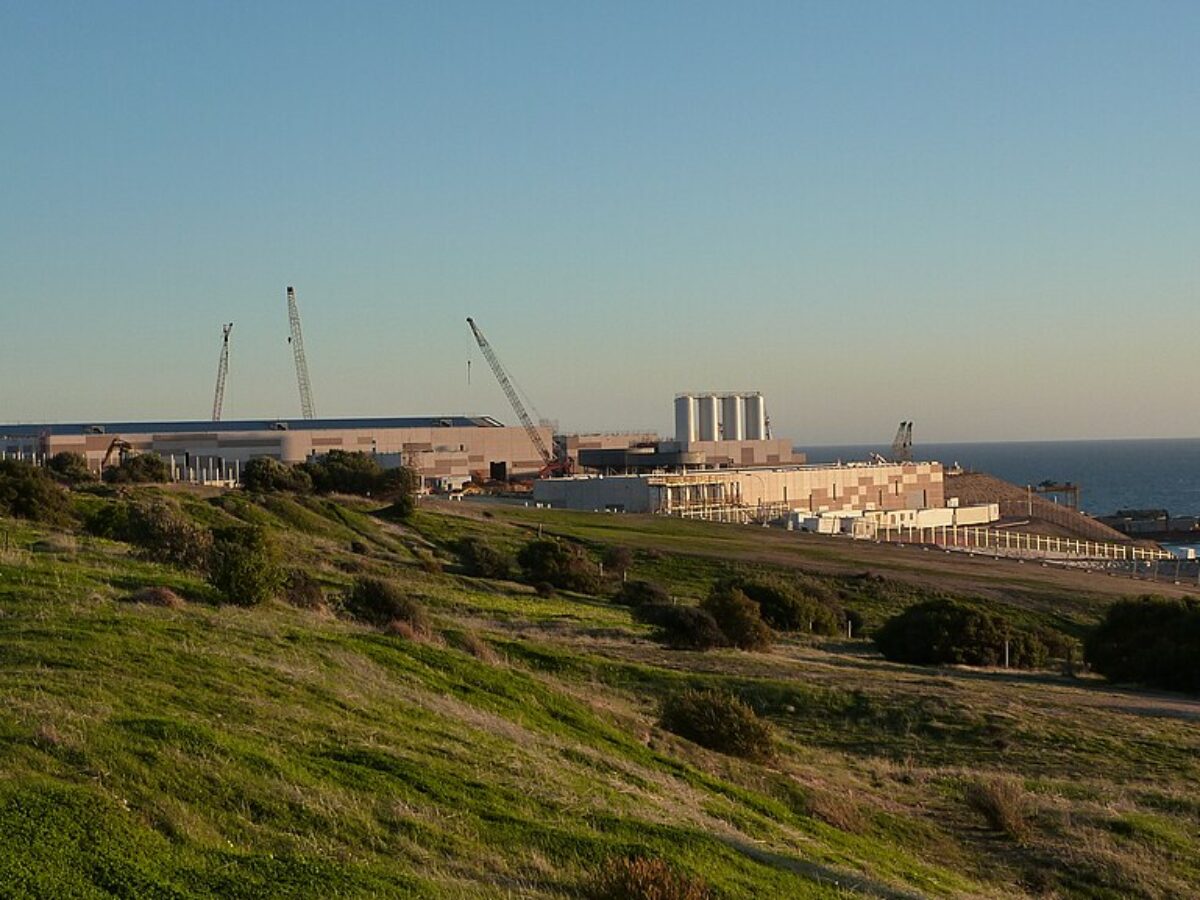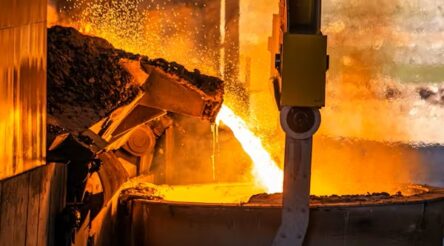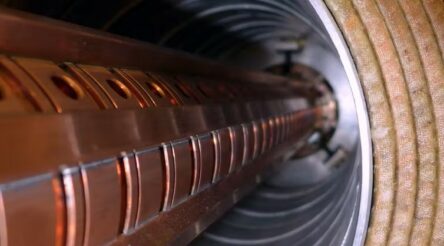Radical rethink on water management needed for Future Made in Australia to succeed

The ambitious Future Made in Australia plan could get off to a healthy start if we focused on water security first. By Kristi McLachlan.
Ramping up Australian manufacturing is much-needed blue-sky thinking, but how we manage water today and into the future needs to be part of that discussion. The average person would be stunned to know how much water is needed for manufacturing processes such as clothing, food production and mining extraction. We need a whole-society approach to ensure adequate water supplies not just for the general population but for industrial, agricultural, mining, and general commercial needs.
Wastewater and desalination: why we need to look beyond single use
Our country already harnesses a range of approaches and technologies – from desalination to water treatment plants, rainwater tanks to recycling – but the way we use water for discrete activities often shifts risks rather than solves problems. There is an opportunity to take a circular economy lens to water use in Australia by looking beyond individual use cases.
Some water resources in Australia are considered waste, but there are opportunities to use treatment processes to repurpose that water, delivering better overall environmental outcomes. That means exploring the potential for reuse of water after treatment, rather than discharging it into the environment or storing unusable water in large dams.
Desalination plants are another viable option for repurposing. While we acknowledge the energy required for production, the thermal heat generated and the discharge of salt into the ocean, desalination plants play a vital role in producing drinking and process water, especially during droughts. There is potential to harness the thermal load for other uses if the process is scaled to industrial levels.
How hydrogen production strains water supply
Australia’s foray into hydrogen as a clean energy source, such as for vehicles, is another impetus to think differently about our water management. It takes nine litres of water to create just one kilogram of hydrogen, which has three times the power of petroleum. We will need to consider the source of this water – which is where repurposing wastewater could come in.
Why isolated water management practices don't work
Isolated water management practices have consequences. For instance, in the mining sector, an operator might source clean water from regional councils for use in the extraction process. Used water is then left in large ponds which can impact the surrounding environment by leaching into the ground or surface waters.
Hatch and partners are looking at ways to increase the quality, efficiency of use and process of recycling water from resource and state utility sectors to increase accessibility to water previously considered irredeemably contaminated. These types of water management solutions can make a huge difference to regional water quality and security, even achieving zero discharge in some areas
Someone mismanaging water in one area can have a significant impact on other communities. For instance, ground water pollution moving under residential developments, or water-soluble chemicals being drawn up into the water cycle then raining on other parts of the world. It is all connected.
How businesses can lead the way to water management in a circular economy
Taking a regional – or broader – perspective helps incentivise one business to speak to another about how they can create a circular economy around water. Business leaders and regulators could lead the way in setting up collaborative frameworks for responsible water use, but there needs to be an incentive – water is a precious resource, and we need to consider how it is valued in the economy to see real change.
Australia can have water security. We are girt by sea and as long as we have power, we have water. But we need to be smart about it and have a long-range view.
Picture: Port Stanvac Desalination Plant (under construction at the time). Credit User:Vmenkov, CC BY-SA 3.0, via Wikimedia Commons
Kristi McLachlan is the Regional Director of Water Australia Asia for Hatch – a global multidisciplinary leader in engineering, operational and development projects in metals, energy and infrastructure.
@aumanufacturing Sections
Analysis and Commentary Awards casino reviews Defence Gambling Manufacturing News Online Casino Podcast Technology Videos





